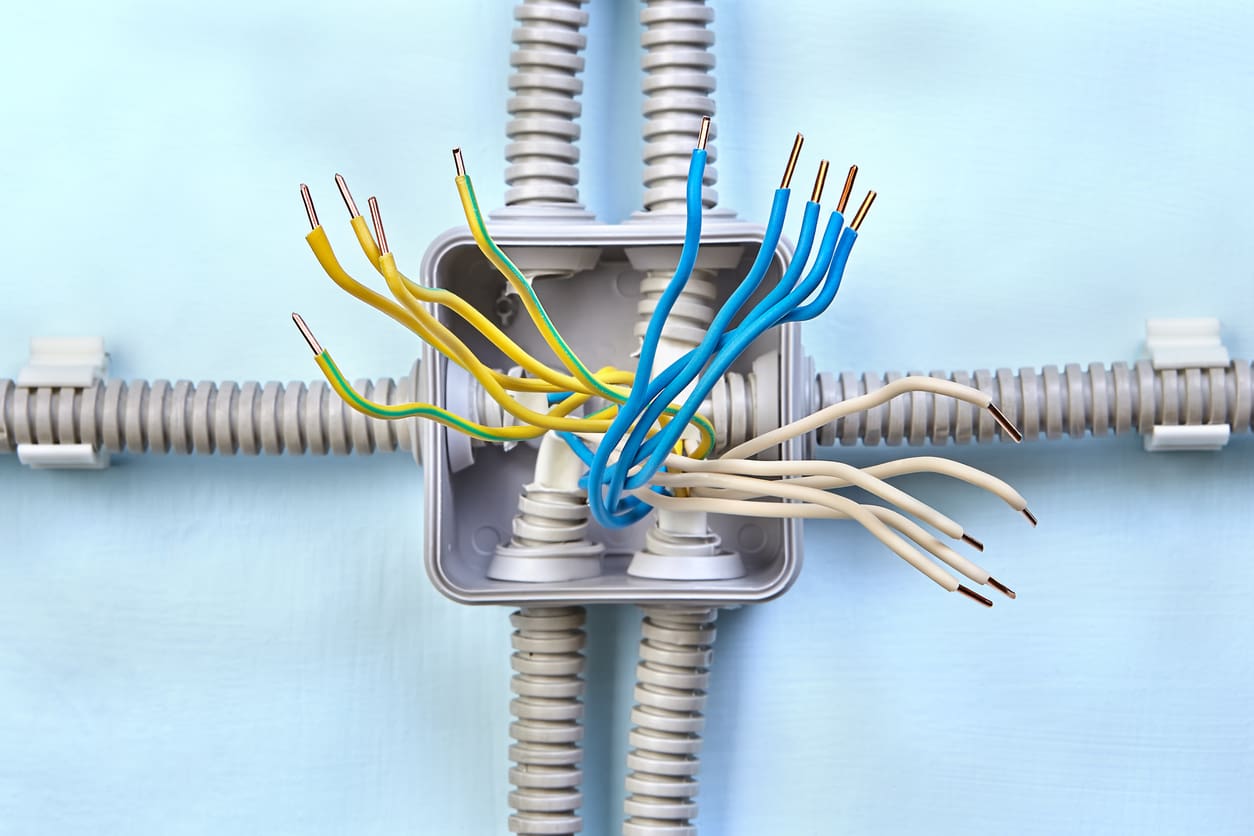
What is a Junction Box? Your Complete Guide
In the world of electrical installations, certain components are crucial but not widely understood. One such component is the junction box, an essential part of the electrical wiring system in homes and buildings. This guide will explain everything you need to know about junction boxes, from their basic definition to how they are used and why they are so important.
What is a Junction Box?
A junction box, often referred to as a ‘j box’ or ‘j-box’, is a protective enclosure that houses electrical connections. Its primary purpose is to enclose and protect all the wire splices where the wires are joined together. By securing these connections in a junction box, it prevents electrical shorts and reduces the risk of fire or electrical shock.
Types of Junction Boxes
Junction boxes come in various sizes and materials, each suited for different types of installations. The most common materials used are plastic and metal. Plastic boxes are typically used for indoor applications as they are non-conductive and reduce the risk of electrical shock. Metal boxes, which provide more durability and grounding capabilities, are often used in industrial or outdoor settings where additional protection is required.
Functions of an Electrical Junction Box
The primary function of a junction box is to provide a safe enclosure for electrical connections. This includes:
- Protection from Physical Damage: The box shields wires and connections from physical harm which could be caused by environmental factors, pests, or accidental impacts.
- Preventing Fire Risks: By enclosing electrical connections, a junction box minimizes the air that could fuel a fire and contains any sparks or heat that might be generated from loose connections.
- Organizing Wiring: It helps in organizing and grouping electrical wires in a neat and tidy manner, making maintenance and inspection easier.
Installation Considerations
Installing an electrical junction box requires careful planning and adherence to local building codes. Here are key points to consider:
- Location: Choose a location that is accessible for future inspections and maintenance. Junction boxes should not be hidden behind walls or ceilings.
- Capacity: Ensure the junction box is of appropriate size to house all the wires and connectors without crowding, as overcrowding can lead to overheating and electrical failures.
- Securing: Junction boxes must be securely mounted to a structural part of the building to ensure stability and to prevent any movement that could loosen the electrical connections.
Wiring a Junction Box
Wiring a junction box involves connecting the incoming and outgoing wires using wire nuts or connectors. It’s crucial that all connections are made securely and no bare wires are exposed. Following the wiring process, the wires should be neatly arranged within the box, and the cover should be firmly attached to protect the connections.
Common Mistakes to Avoid
When dealing with junction box electrical installations, some common pitfalls should be avoided:
- Overfilling the Box: This can lead to wires overheating and potentially cause electrical fires.
- Improper Sealing: Junction boxes, especially those used outdoors (like an electric junction box in exterior settings), need to be properly sealed to prevent moisture from entering, which can cause corrosion and electrical faults.
- Using Incorrect Box Type: Ensure the box material and type are suitable for the application, whether it’s for residential, commercial, or outdoor use.
When to Call a Professional
While DIY projects can be enticing, electrical work often requires professional expertise, especially when installing or modifying junction boxes. Professional electricians can ensure that all installations meet the required safety standards and are done correctly to prevent any future problems.
Conclusion
Understanding what a junction box is and its crucial role in electrical safety is essential for anyone dealing with electrical installations. Whether you’re a homeowner looking to do some renovations or a professional involved in building construction, knowing how to use and install junction boxes correctly is a must.
For all your plumbing needs, or if you require professional assistance with your electrical systems, don’t hesitate to call Lickety-Split. Our team of experts is always ready to provide you with safe and reliable services. Contact us today to ensure your electrical installations and repairs are up to standard and safely managed!
Recent News
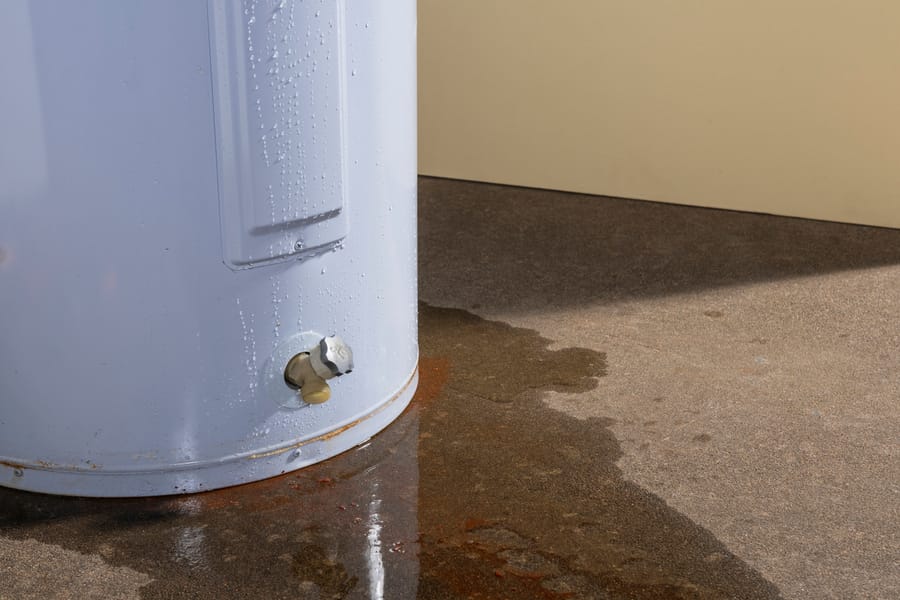
Why is My Water Heater Leaking from the Bottom in Jacksonville?
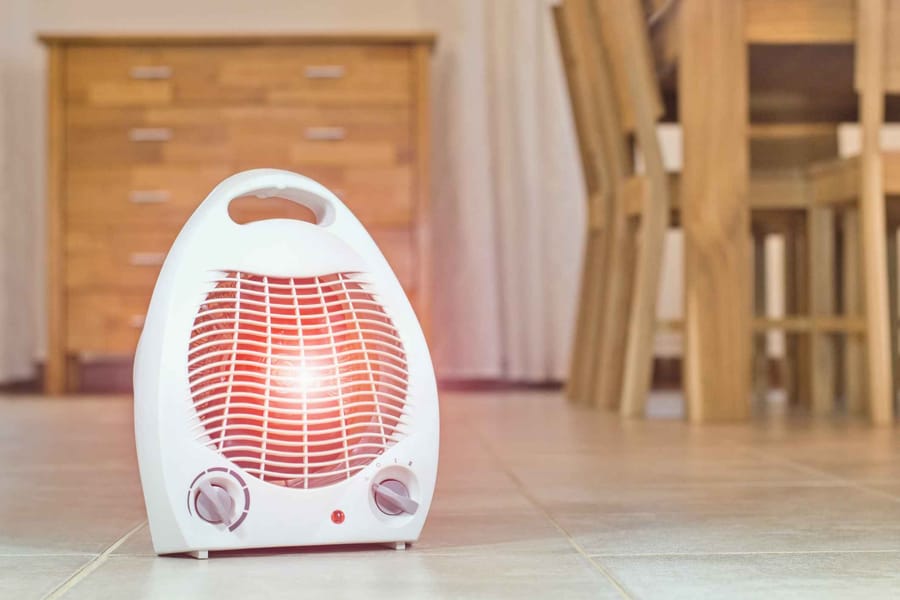
Winter Electrical Safety Checklist for Northeast Florida Homes
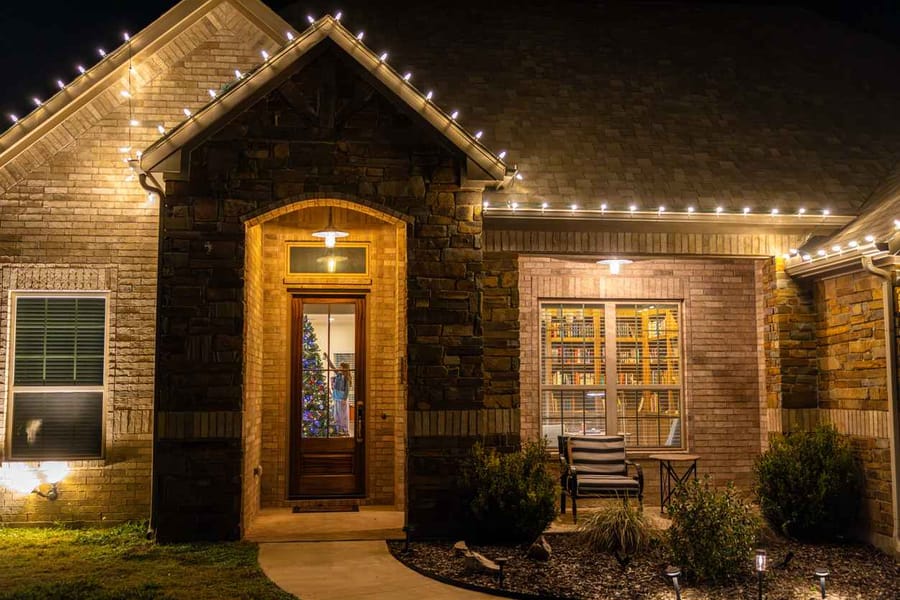
Lighting the Night Safely: Outdoor & Holiday Lighting Tips for Florida Winters
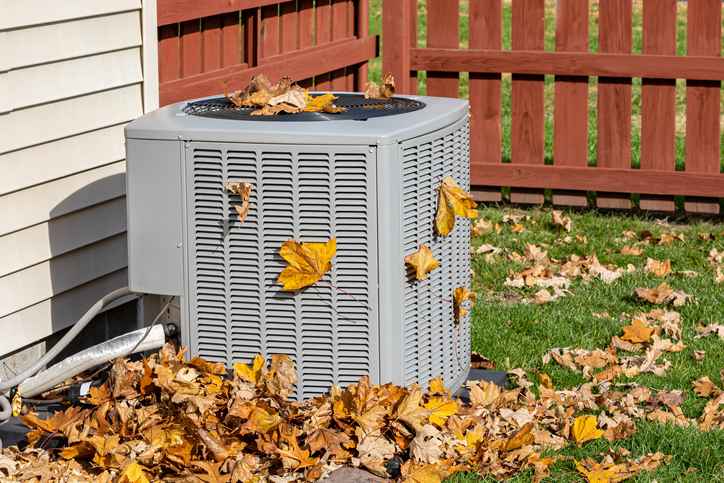
Florida Fall HVAC Tune-Up Guide: Get Your System Ready for Cool Nights & Humid Days

Why Emergency Plumbing Is So Expensive and 4 Ways to Avoid Needing It
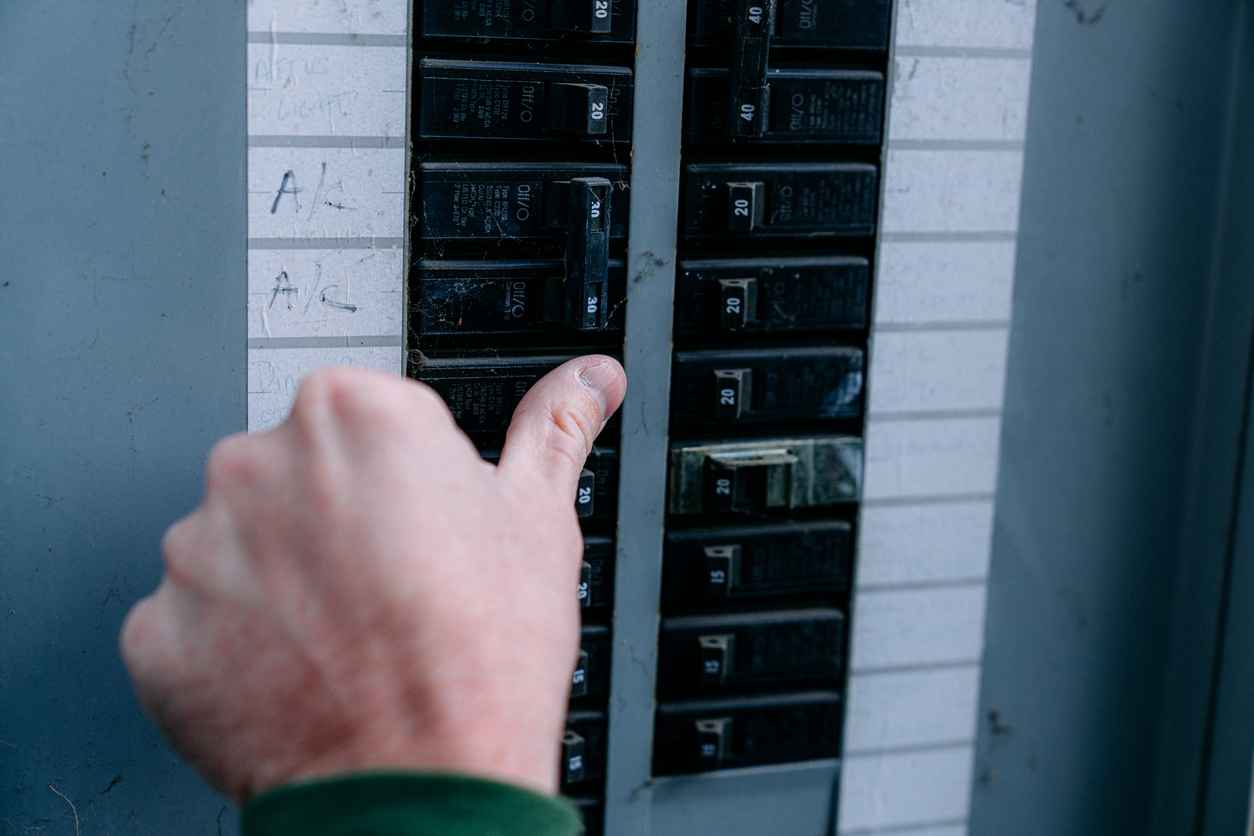
How to Know if You Actually Need a Panel Upgrade
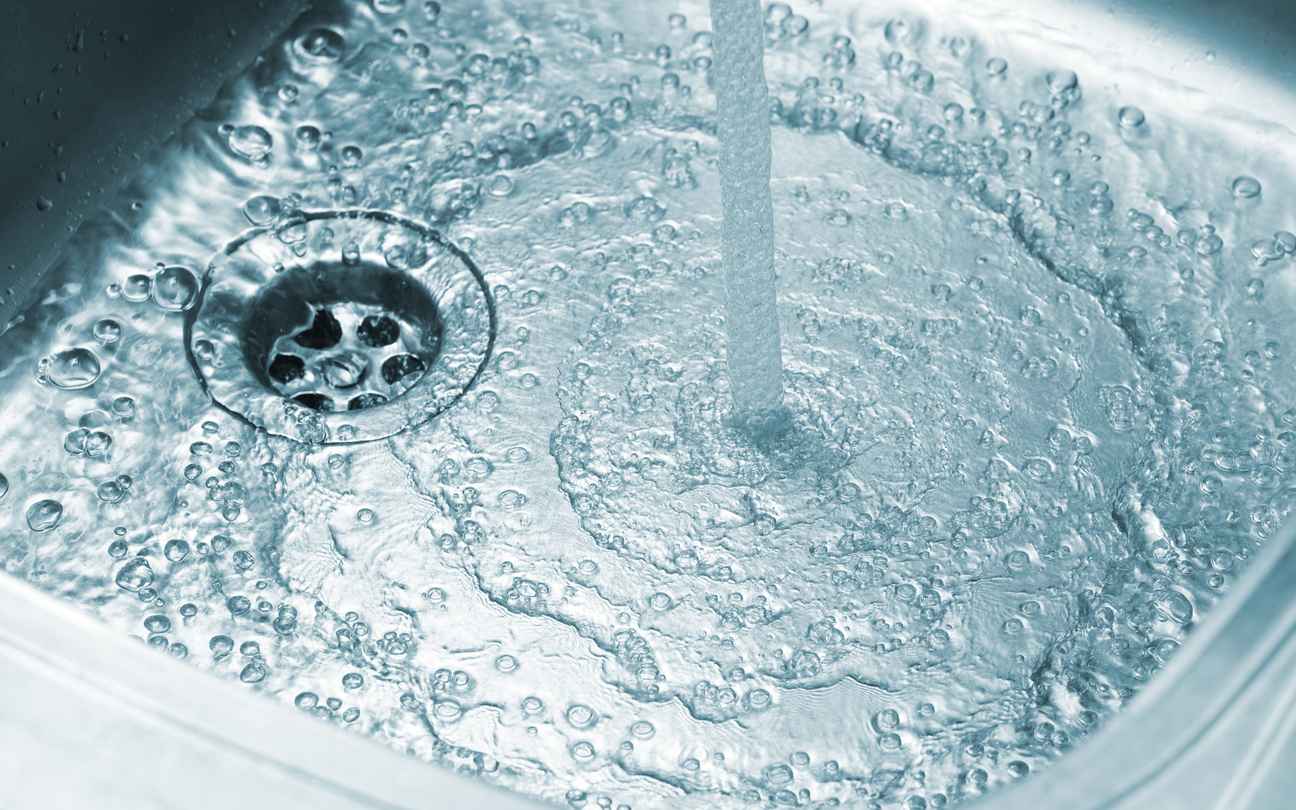
Understanding the Importance of Regular Drain Cleaning

